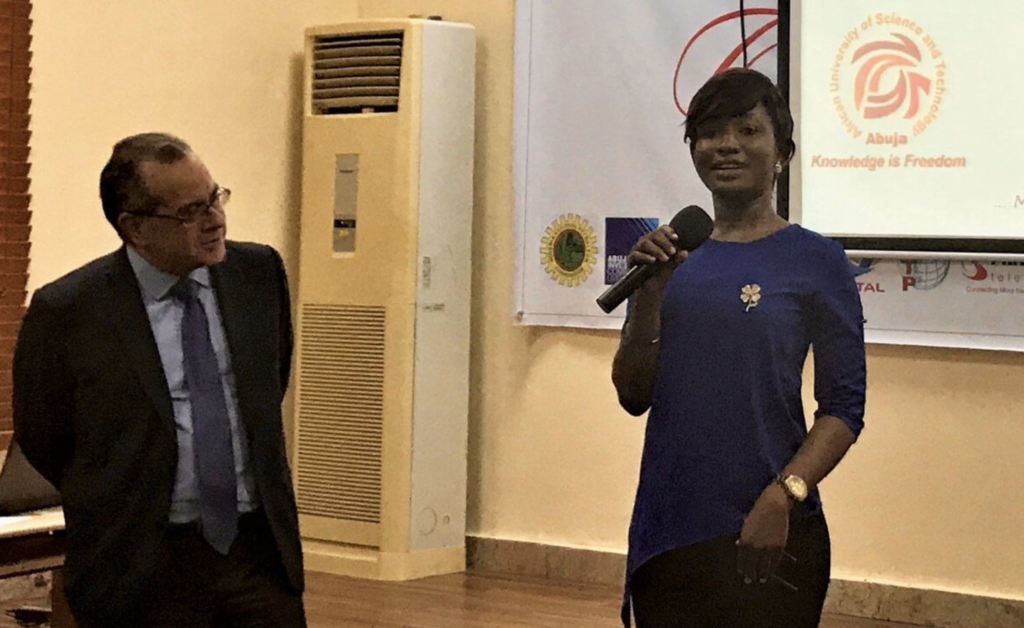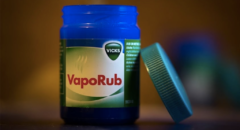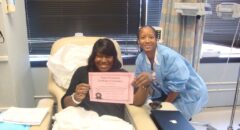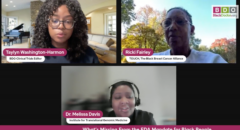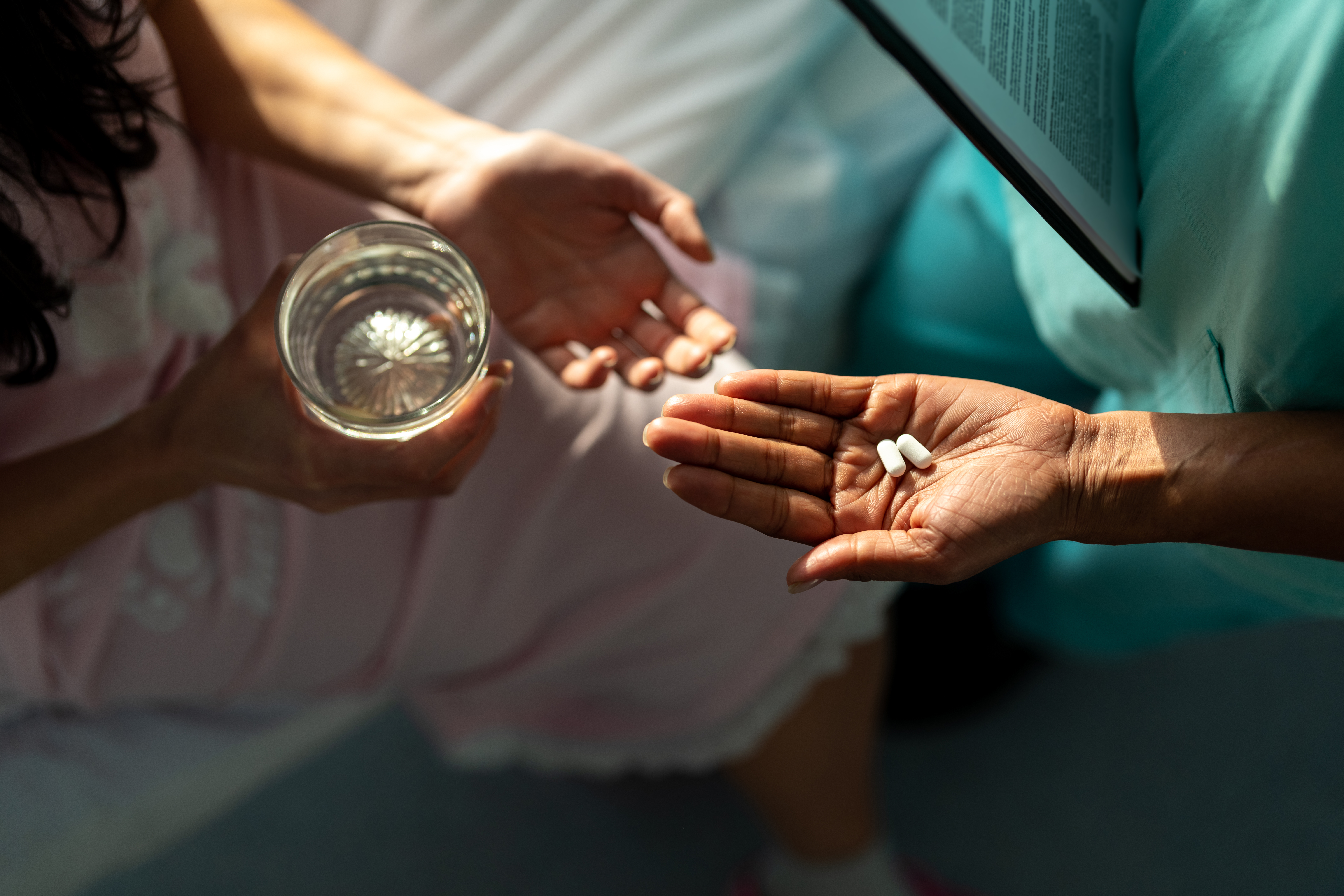
"My Momma got cancer in her breast,
Don’t ask me why I’m motherf*cking stressed, things done changed"
— The Notorious B.I.G., in “Things Done Changed” from the album Ready to Die
It's been nearly 20 years since of the death of “Brooklyn’s finest” hip hop artist, The Notorious B.I.G., a.k.a. Biggie Smalls, who was gunned down in Los Angeles when he was just 24 years old.
In that song, "Things Done Changed", Biggie rapped that he was stressed about his mother’s breast cancer. But in reality, not much has changed in that area for Black women. Black women are still most likely to die from breast cancer than all races of women, though they are less likely than white women to be diagnosed with it. That mortality gap has widened since the 1990s.
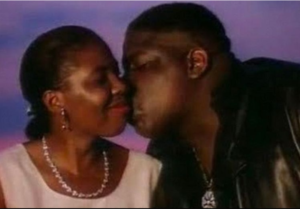
On "Ready to Die," Biggie’s award-winning first album, murder seemed like the central theme of some self-fulfilling prophecy that was constantly on his mind. The 1994 album is filled with a series of poems illustrating the kind of street war gunplay that would eventually take his life. The Brooklyn rapper imagined multiple scenarios under which his death might occur: In a shootout with cops while pursuing pathways out of poverty that President Obama would not approve of (“Gimme The Loot”); killed by jealous acquaintances who want to rob him for his riches (“Warning”); or, by his own finger on the trigger (“Suicidal Thoughts”).
But of all the ways Big imagined himself dying on that album, none of them reflected the real-life horror of death that affects African Americans today--especially his mother, Voletta Wallace.
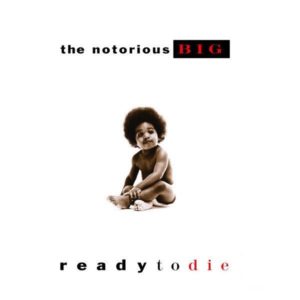
According to Grist.org, health conditions as a black woman in Brooklyn, or even in New York City, cancer was the second-highest cause of death at the time. According to a 2002 report from the New York City Department of Health, from 1992 to 1996, there were 104 cancer deaths in Brooklyn for every 100,000 people. Of the seven leading death causes, homicide was in last place, with 11 cases per 100,000.
All of this is to show that while Biggie and many other young black folks were worried about stick-up kids and gun-wielding hustlers, many of their mothers were worried about killers with no guns or faces. As for Biggie, perhaps we should have been asking why he was motherfucking stressed. Had he not been killed by gunshots, his life could have been claimed by stress, which was a primary cause of Brooklyn’s No. 1 killer at the time: heart disease.
"When my son passed away I had my first bout with breast cancer," explains the now 68-year-old Ms. Wallace in an NPR interview. "I had my first mastectomy, '93. And I just had my second mastectomy two and a half years ago. As far as breast cancer is concerned, all I can encourage young ones to do is be educated and do very, very regular examinations. Because if you don't, it is death. But breast cancer doesn't have to be a death sentence. It can be life if you know what you're doing with your body."
Up to 40% of African American women are under age 50 when they are diagnosed with breast cancer, compared to up to 20% of white Americans. African Americans are 41% more likely than whites to die from the disease. In addition, African American women have a twofold higher rate of triple-negative breast cancer, which is a more aggressive type of breast cancer.
Heart disease is the No. 1 killer for all Americans, and stroke is also a leading cause of death. As frightening as those statistics are the risks of getting those diseases are even higher for African-Americans.
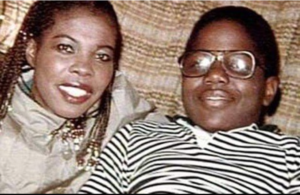
The prevalence of high blood pressure in African-Americans is the highest in the world. Also known as hypertension, high blood pressure increases your risk of heart disease and stroke, and it can cause permanent damage to the heart before you even notice any symptoms, that's why it is often referred to as the "silent killer." Not only is HBP more severe in blacks than whites, but it also develops earlier in life.
While you can't control your family history, you can control what you do right now. Get a health assessment, work with your doctor and make the changes necessary so you can live longer, happier and healthier for your family.
While Ms. Wallace's cancer is in remission, she vows to live the long life her son always wished for her.
"He has touched so many people and so many people loved him and, you know, still do. That cannot take my pain away. What I am feeling inside is like a 100-pound lead weighing down in my chest. It's very cold and it's very heavy and I am so dying to get rid of it. But it's not something you can get rid of, because that was my son. He was my baby. I am a mother and I will always be a mother."
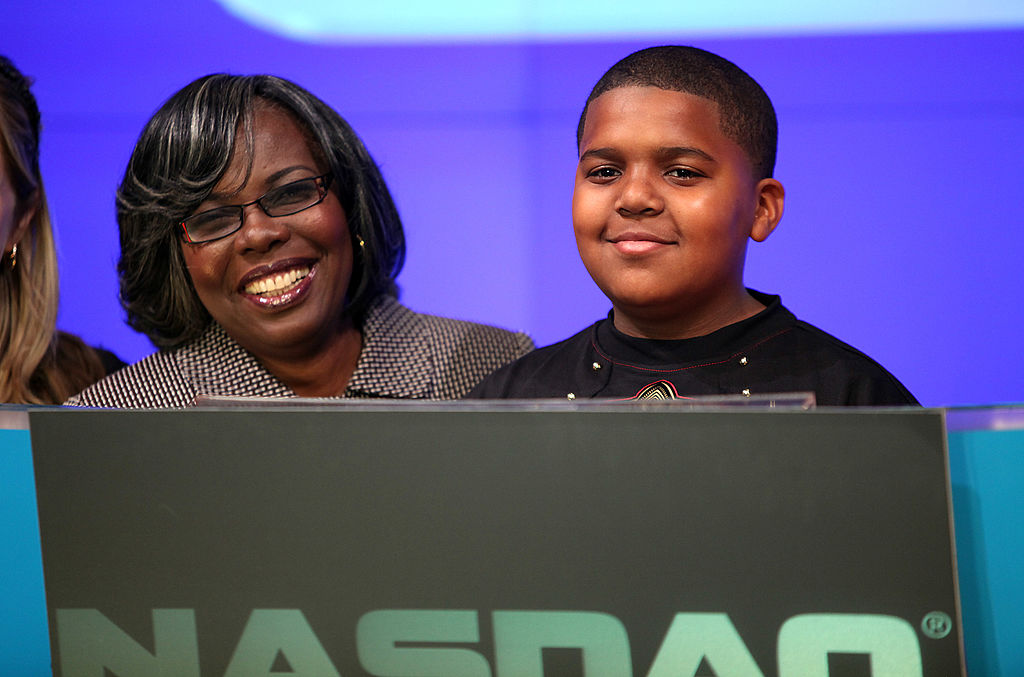
"Keep the faith. Even if you feel like you are the only one fighting for what you believe."




